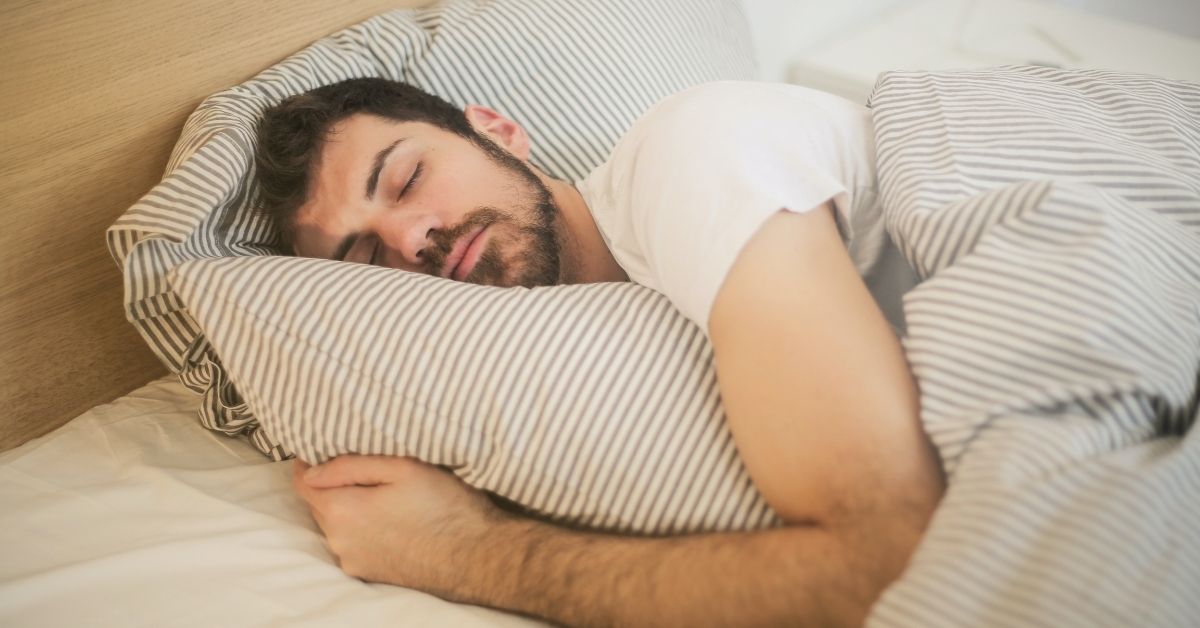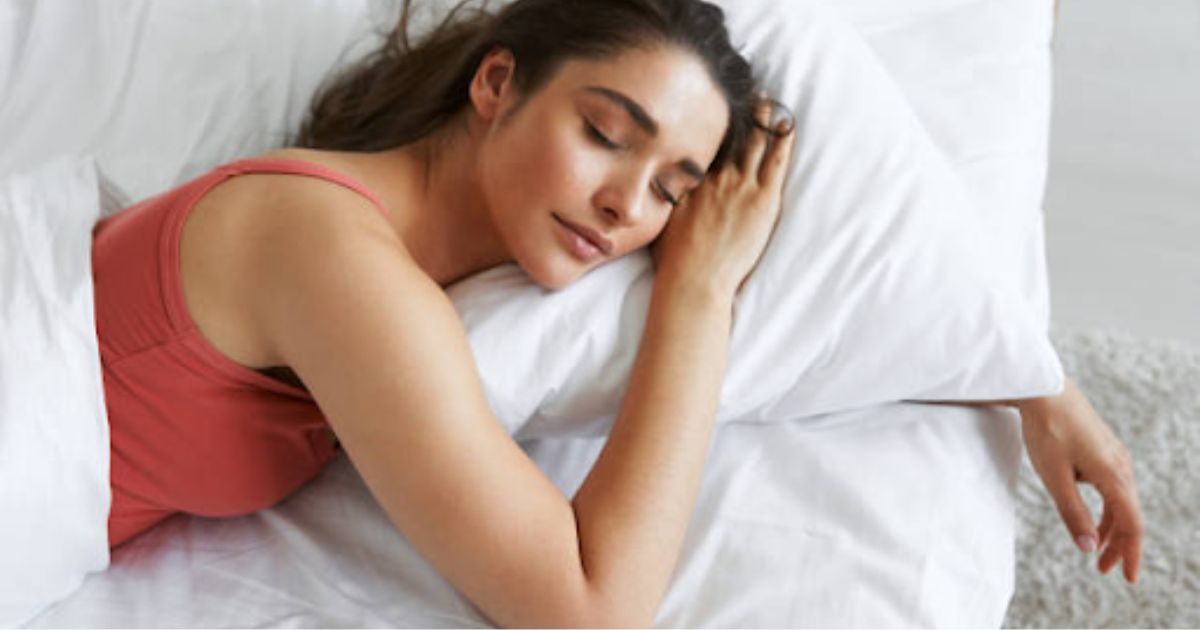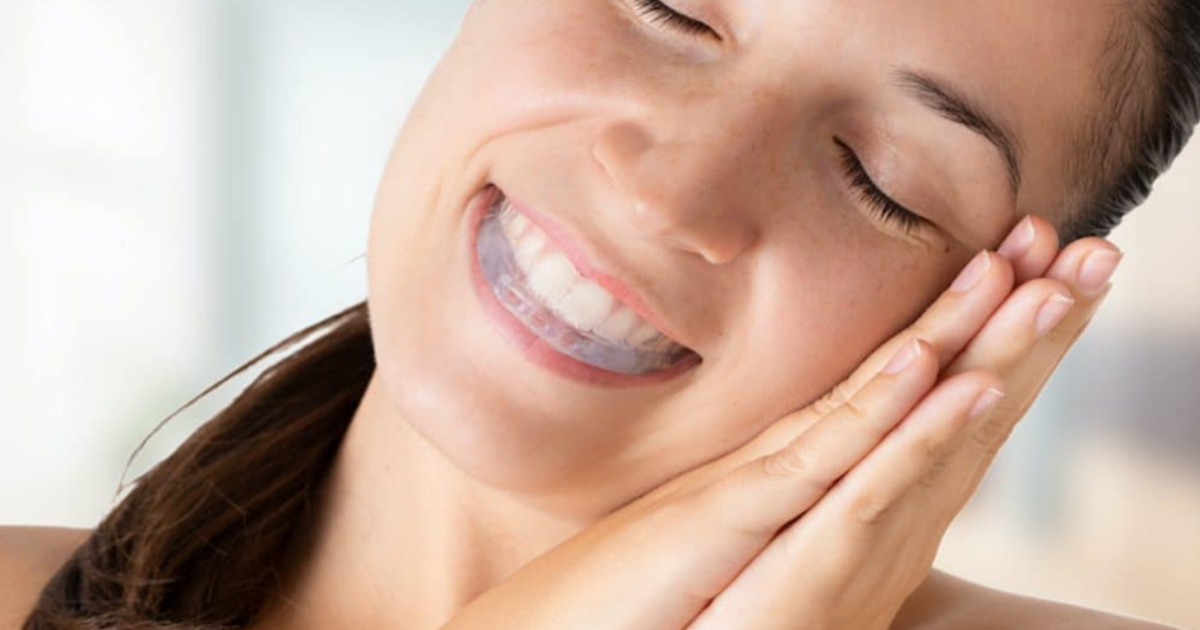If you are lying in bed thinking “I can’t sleep” then you are not alone. In America, 70% of adults report that they don’t get sufficient sleep every night. Getting to sleep is something that many people struggle with, and there are a lot of things that could be preventing you from getting the rest of the night’s rest that you need.
Certain stimuli can either help or hinder this process and sleep specialists agree that temperature is one of the major factors at play. Learning how temperature affects your sleep can lead to a deeper, more comfortable sleep. Here are some of the ways that temperature can affect your sleep:
How Your Core Temperature Affects Sleep
Your core body temperature follows a rhythm similar to your circadian rhythm, rising and lowering in a rhythm that coincides with your sleep schedule. When your core temperature lowers, it sends a signal to your brain to prepare for sleep. On the other hand, a rise in the core body temperature will signal your body to wake up.
About two hours before we wake up, our core body temperature starts rising, and it continues to rise through the day and into the evening. It has been found that people struggling with insomnia have core body temperature rhythms that are not in line when they are trying to get to sleep.
Achieving the Right Core Temperature
Now that we know that lowering our core temperature can help us get to sleep, we can use that to our advantage. But how do we lower our core temperature? The answer might surprise you. As it turns out, by warming up your skin, you cause your body to start letting off more heat by dilating the blood vessels.
This means that if you take a warm shower about an hour before bed, then by the time you are ready to hit the sack, your body will already be in the process of cooling itself down. Another way to achieve this same effect is by exercising a few hours before sleep. Generating a lot of body heat during the exercise will lead to a drop in core temperature after the fact.
Staying Asleep Throughout the Night
Knowing the right body temperature to fall asleep is important, but the temperature of the room can determine whether we can stay asleep. Most sleep specialists agree that 16 to 18 degrees Celsius is the ideal temperature for the bedroom, and 27-32 degrees under the covers. It is worth noting that these temperatures can fluctuate depending on the time of the year and gender. In the summer months, our bodies will tolerate warmer sleeping conditions than they will in winter, and women prefer slightly higher bed temperatures than men do.
Get a Better Night’s Sleep with Jacksonville Sleep Center
If you want to know more about what to do when you can’t sleep, we have resources available for you. Jacksonville Sleep Center specializes in helping people get a better night’s sleep, has free insomnia guides online, and provides virtual appointments. If you are interested in seeing a sleep doctor in Jacksonville FL, don’t hesitate to call us or visit our website!






